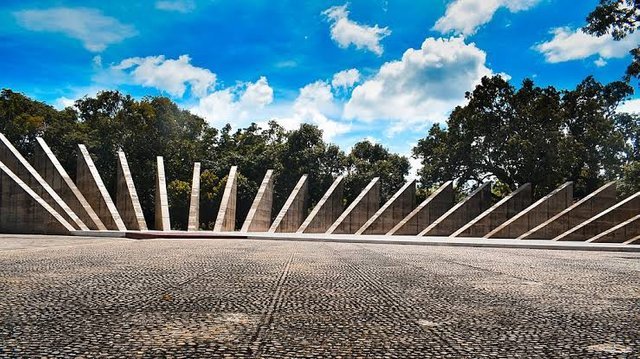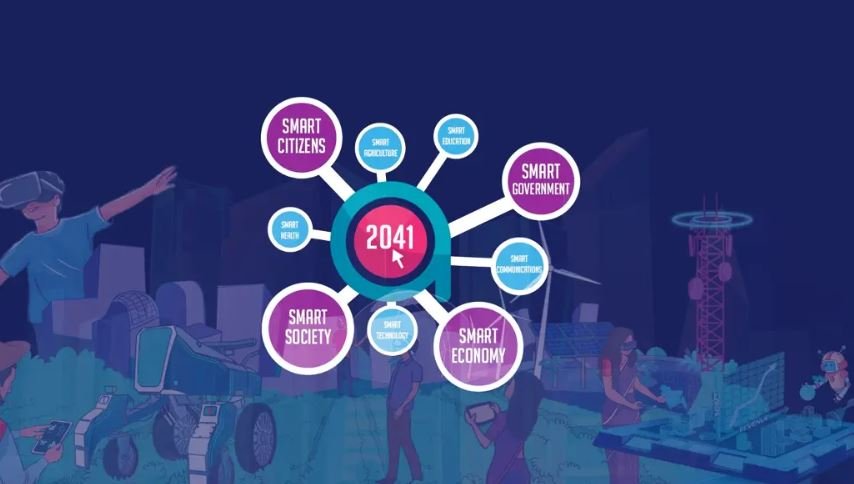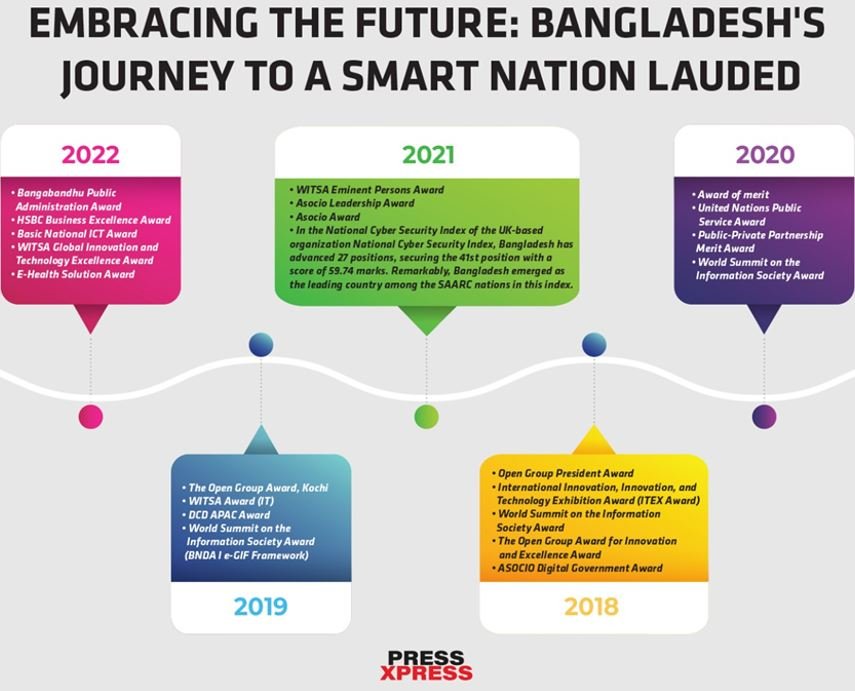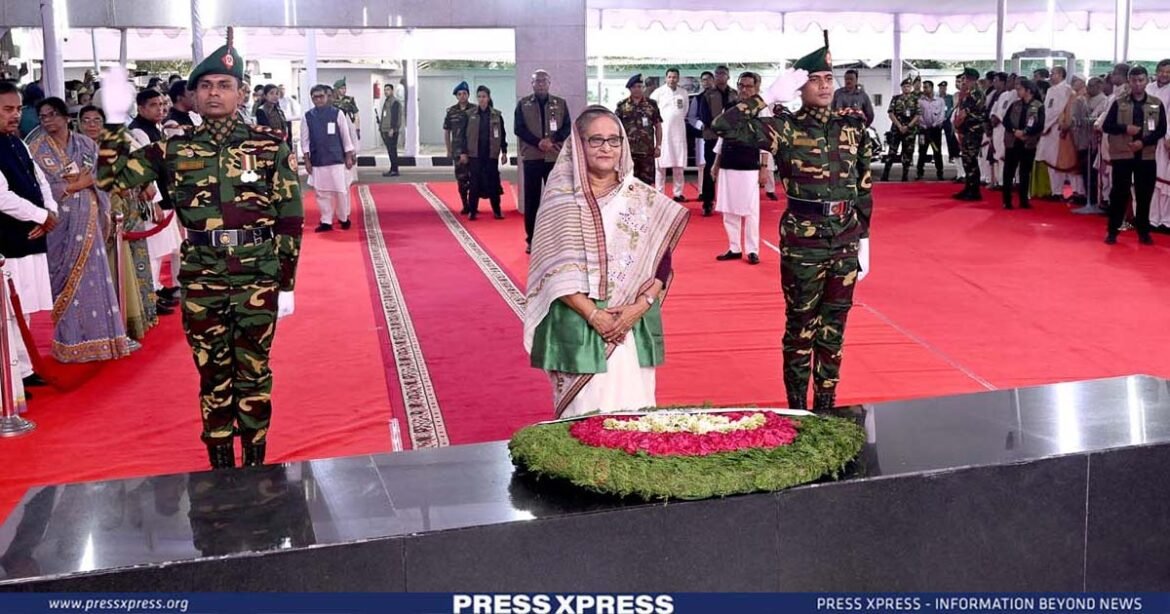- President, PM Hasina issues messages, emphasizing the day’s significance in the history of Bangladesh.
- PM Hasina urges collaboration to realize the vision of ‘Sonar Bangla’ and ‘Smart Bangladesh’ envisioned by Bangabandhu
- Prime Minister Hasina calls for upholding the ideals of independence and unity
The historic Mujibnagar Day is being observed on Wednesday (17th April 2024) marking the oath-taking ceremony of Bangladesh’s first government on 17th April 1971. This day stands as a poignant reminder of the sacrifices made and the resilience shown by the Bangalee people in their quest for independence.
In the wake of the Pakistan Army’s brutal genocide to unarmed Bengalis on the harrowing night of March 25, 1971, senior leaders of the Awami League convened at Baidyanathtala in Meherpur to establish the interim government of independent Bangladesh with the proclamation of independence.
You Can Also Read: BANGLADESH’S HISTORIC MILESTONE IN MUJIBNAGAR
The Proclamation so announced in effect provided the fundamental instrument of law as well as an interim Constitution of the Mujibnagar during the War of Liberation, including that of the government in liberated Bangladesh until the adoption of the Constitution, made effective from 16 December 1972.
The Proclamation of Independence was made to tackle a serious situation. On the night of 25 March 1971, immediately before the military crackdown and moments before Bangabandhu Sheikh Mujibur Rahman was arrested by the Pakistan Army, he made a Declaration of Independence. Bangabandhu’s declaration was as follows:
This may be my last message: From today Bangladesh is independent. I call upon the people of Bangladesh wherever you may be and with whatever you have, to resist the army of occupation to the last. Your fight must go on until the last soldier of the Pakistan occupation army is expelled from the soil of Bangladesh and final victory is achieved.
The message of Sheikh Mujibur Rahman’s declaration of independence was reportedly sent to Chittagong shortly after midnight for transmission throughout Bangladesh over the transmitter of the East Pakistan Rifles.
This courageous act of the Mujib Nagar Government to defiance against oppression laid the foundation for a new era of freedom and self-determination.

Mujibnagar: A Symbol of Hope
Baidyanathtala, mainly a mango orchard, was later named Mujibnagar after the ceremonial formation of the provisional government of Bangladesh. Bangabandhu Sheikh Mujibur Rahman was declared the first president of the People’s Republic of Bangladesh, while Syed Nazrul Islam was appointed the acting president in Sheikh Mujib’s absence.
Tajuddin Ahmed was appointed as the inaugural Prime Minister, and the cabinet included Khondoker Moshtaque Ahmed, Captain M Mansur Ali, and AHM Qamaruzzaman. Additionally, General MAG Osmani was appointed as the Commander-in-Chief of the Mukti Bahini, while Major General Abdur Rob was designated as the chief of staff.
Later, the provisional government gave successful leadership to the War of Liberation for achieving victory on 16th December.
To mark the day, President Mohammed Shahabuddin and Prime Minister Sheikh Hasina have issued messages commemorating this historic Mujibnagar day, emphasizing its significance in the national narrative of Bangalees.
A Call to Action
On Tuesday, April 16th, Prime Minister Sheikh Hasina called upon her fellow countrymen to collaborate with the government in realizing the vision of a non-communal, hunger-free, poverty-free, developed, and prosperous ‘Sonar Bangla’ alongside a ‘Smart Bangladesh,’ as envisioned by the Father of the Nation, Bangabandhu Sheikh Mujibur Rahman.

In a message, the premier said within two hours after the completion of formalities of the Mujibnagar Government, the Pakistani Air Force occupied Meherpur by carrying out bombings and attacks. As a result, the provisional government sought refuge in India, where it continued its operations, she added.
“Brutal killings and mayhem continued in East Bengal after confining Bangabandhu to West Pakistani jail,” said Hasina.
Despite challenges, the spirit of liberation persisted, albeit overshadowed by brutality and oppression in the then East Pakistan.
Prime Minister Hasina lamented the subsequent tragedies that befell the nation, including the assassination of Bangabandhu Sheikh Mujibur Rahman and several members of his family on August 15, 1975. She recounted the heinous acts committed against the leaders of the Liberation War, underscoring the absence of democracy in Bangladesh for over two decades.
Drawing attention to the government’s efforts, Prime Minister Hasina highlighted the pursuit of justice through the trial of war criminals and crimes against humanity. She lauded the remarkable progress achieved in various developmental indices over the past fifteen and a half years, with a significant reduction in the poverty rate and a steadfast commitment to combating militancy and terrorism.
On this solemn occasion, Prime Minister Hasina issues a heartfelt plea to all citizens to uphold the ideals of independence and unity. She calls for collective action in building a non-communal, hunger- and poverty-free, developed, and prosperous “Sonar Bangla,” echoing the vision of Bangabandhu Sheikh Mujibur Rahman.
Looking ahead with optimism, Prime Minister Hasina envisions a Bangladesh characterized by innovation, prosperity, and inclusivity. With a focus on nurturing a smart population, economy, society, and government, she expresses confidence in Bangladesh’s ability to realize its full potential.
“Insha Allah, tomorrow’s Bangladesh will be a ‘Smart Bangladesh’ with smart population, smart economy, smart society, and smart government system,” the premier said.

Forging Ahead Towards a ‘Sonar Bangla’
Sonar Bangla, or Golden Bengal, stands as a cherished vision articulated by Bangabandhu Sheikh Mujibur Rahman, the Father of the Nation of Bangladesh. This vision transcends mere economic prosperity; it embodies the collective aspirations of the Bangladeshi people for a society characterized by unity, justice, and progress.
At its core, Sonar Bangla symbolizes an egalitarian society where every citizen enjoys equal rights and opportunities, regardless of caste, creed, or socioeconomic status. It envisions a Bangladesh free from the shackles of poverty, hunger, and discrimination, where every individual can thrive and fulfill their potential.
Bangabandhu’s vision for Sonar Bangla encompasses not only material wealth but also spiritual and cultural richness. It celebrates the diverse heritage and traditions of Bangladesh, promoting inclusivity and tolerance among its people.
The elected government formulated its election manifesto with the aim of transforming the country into a ‘Smart Bangladesh’ through digital advancement and innovative policies. The party, which previously aimed to build a ‘Digital Bangladesh’ in 2008, is now expanding its vision to introduce the concept of a ‘Smart Bangladesh’ within 2041.
The manifesto released emphasizes five key issues:
- technology adoption
- self-sufficiency in agriculture
- youth employment
- attracting investments
- industrial growth
From digital infrastructure to innovative solutions, Bangladesh is transforming into a smart nation, paving the way for a brighter and more connected future. Sajeeb Wazed Joy was the first person to put the idea of the ‘Smart Bangladesh’.
As Bangladesh strides towards becoming a smart nation, the integration of technology is not just a matter of convenience but a necessity for sustainable growth. The government’s commitment to digital infrastructure, smart urban planning, and innovation across sectors is positioning Bangladesh as a leader in the South Asian region. The journey to a smart Bangladesh is a testament to the nation’s resilience, adaptability, and vision for a technologically advanced and inclusive future.
Besides, the government has started its journey to build an affordable, sustainable, intelligent, knowledge-based, innovative smart Bangladesh centering on the four main foundations of smart citizen, smart society, smart economy, and smart government.

Vision for Future Growth
Looking ahead, Prime Minister Hasina outlined a vision for Bangladesh to transform into the 20th largest economy globally by 2037. Additionally, she articulated aspirations for a developed and prosperous “Smart Bangladesh” by 2041, with the establishment of economic zones and hi-tech parks welcoming foreign investments.
Economic Projections:
- GDP Per Capita: Expected to reach $5,880 by 2040
- GDP Growth: Rose to 7.25%
- Per Capita Income Surge: Increased from $543 to $2,793
- GDP Size Growth: From Tk 4 lakh crore in 2006 to Tk 50.31 lakh crore
- Poverty Reduction: Nearly tripled to 18.7%
In recent years, Bangladesh has witnessed a remarkable transformation under the leadership of Prime Minister Sheikh Hasina.


